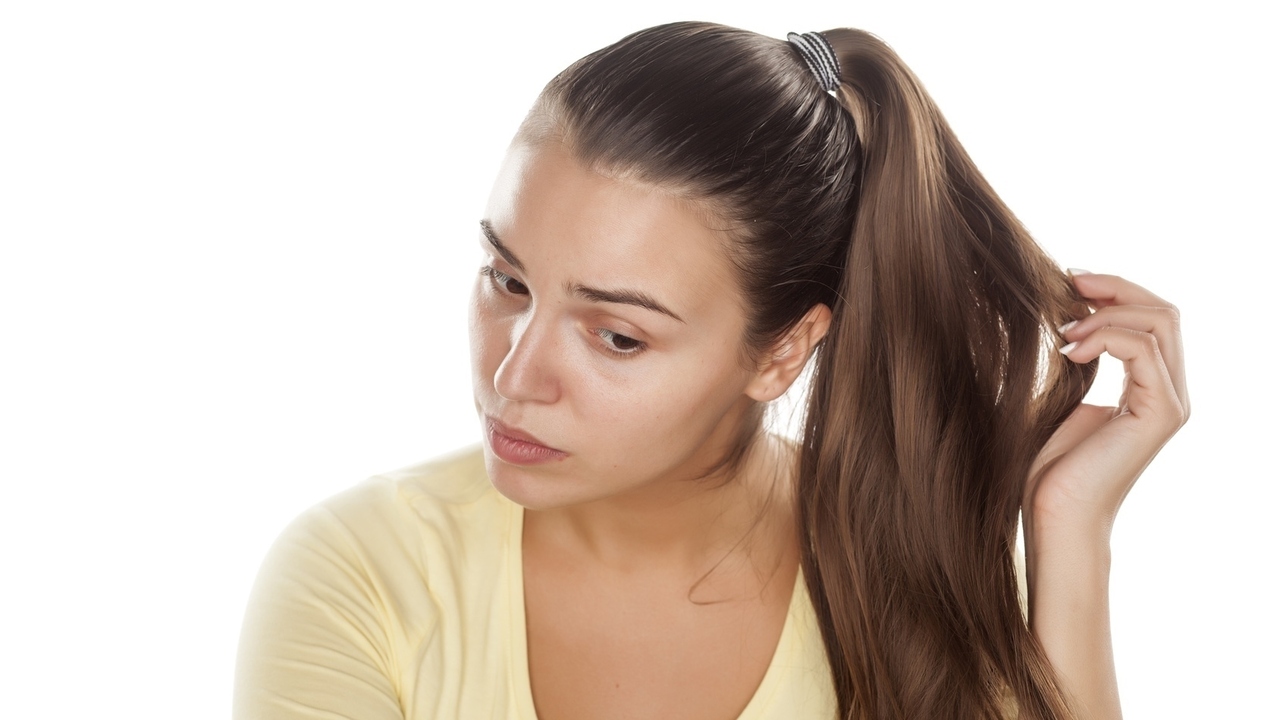Today we are taking a look at the condition alopecia areata, a hair loss condition found in both men and women. Alopecia areata is an auto-immune disorder, a disorder where the immune system attacks healthy cells of the body. Alopecia areata is characterized by patterns of baldness, generally on the scalp. Asymmetric hair loss is more common from those afflicted with alopecia areata, and ranges from small patches missing to nearly half the scalp.
Alopecia areata may resemble several other hair conditions, but the major distinction is localized hair loss. Alopecia areata can occur as a generalized thinning of hair, known as diffuse alopecia areata, as hair loss on the body, alopecia totalis, or as universal hair loss alopecia universalis. These forms are less common, since the autoimmune condition is generally localized to regions of immune response. Evidence of this immune response (making it different from other hair-loss conditions) is seen from biopsies of hair follicles where immune cells not normally present have been found.
Treatment of alopecia areata is patient dependent. Most patients will regrow hair within a year without treatment. However, for patients experiencing prolonged hair loss, regrowth is either slow or non-existent without treatment. In this case, treatments can range from steroid injections, specialized shampoos or creams, minoxidil, irritants, and topical immunotherapy. However, since this is a chronic disorder, there is no single treatment, and even effective treatments are not cures.
Patterns of baldness are not uncommon, but if you notice unusual patches of baldness, consult your physician. While there is no discernable cure for alopecia areata, treatment can be given to lessen the symptoms.
(1) http://www.medicinenet.com/alopecia_areata/article.htm
(2) http://dermatology.about.com/cs/hairloss/a/alopeciaareata.htm





Add a Comment1 Comments
Oh, I've had massive hair fall, I tried dozens of products, shampoos, but to no avail, until someone recommended me a treatment to use and does not take hair fell in addition regenerates and hair down. I said to try it because it had come to despair, my bad hair fall. All I can say is that I think it is something better in the trade, it also has a price that is very reasonable. Now, yes, I feel ok, hair is in place :) I do not fall. I bought him at the address below, if someone wants to try, I recommend it because it is the best, talking from experience, luck.
http://mhlnk.com/64CFBE7C
November 12, 2013 - 4:12amThis Comment